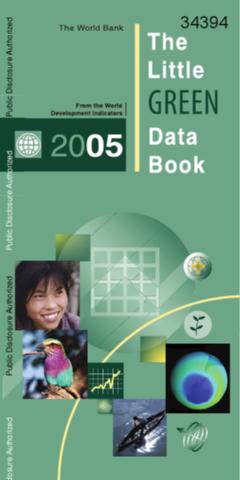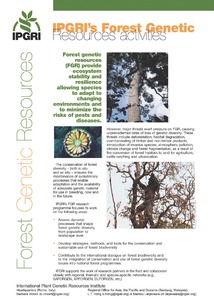Deforestation and Shade Coffee in Oaxaca, Mexico: Key Research Findings
More than three-quarters of Mexico's coffee is grown on small plots shaded by the existing forest. Because they preserve forest cover, shade coffee farms provide vital ecological services including harboring biodiversity and preventing soil erosion. Unfortunately, tree cover in Mexico's shade coffee areas is increasingly being cleared to make way for subsistence agriculture, a direct result of the unprecedented decline of international coffee prices over the past decade.








